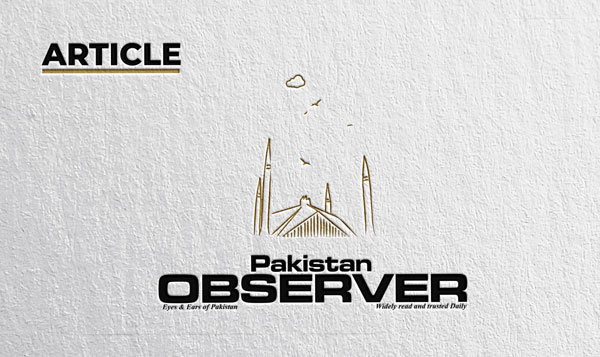Corruption and its impact on society
CORRUPTION is a constant in the society and occurs in all civilizations; however, it has only been in the past 20 years that this phenomenon has begun being seriously explored.
It has many different shapes as well as many various effects, both on the economy and the society at large.
Among the most common causes of corruption are the political and economic environment, professional ethics and morality and, of course, habits, customs, tradition and demography.
Its affects the economy (and also on the wider society) are well researched, yet still not completely.
Corruption thus inhibits economic growth and affects business operations, employment and investments.
It also reduces tax revenue and the effectiveness of various financial assistance programs. The wider society is influenced by a high degree of corruption in terms of lowering of trust in the law and the rule of law, education and consequently the quality of life (access to infrastructure, health care).
There also does not find an unambiguous answer as to how to deal with corruption. Something that works in one country or in one region will not necessarily be successful in another.
This chapter tries to answer at least a few questions about corruption and the causes for it, its consequences and how to deal with it successfully.
The impact of corruption goes beyond the corrupt individuals, the innocent colleagues who are implicated, or the reputation of the organizations they work for.
Ultimately, Victorians are the ones who lose out. Corruption erodes the trust we have in the public sector to act in our best interests.
It also wastes our taxes or rates that have been earmarked for important community projects – meaning we have to put up with poor quality services or infrastructure, or we miss out altogether.
With regards to the Islamic perspective on corruption, the Muslims account for about one-fifth of the world’s population, and form a majority of the population in over 50 countries.
All Muslims are bound by a common faith – Islam and are largely influenced by their faith in their deeds.
Stronger the faith one has in Islamic teaching, lesser the possibility of his being deluded. Surprisingly in Singapore, a country which is among top of least corrupt states, the accountability law, has only seven years imprisonment for a corruption convict
The Holy Prophet (PBUH) said: Allah cursed the briber and bribe-taker. And in other narration: The Holy Prophet (PBUH) cursed the briber, bribe-taker and the mediator meaning the one who walks between the two.
These hadiths are general covering all bribery whether it is seeking a right or something null whether it is seeking to repel a harm or gain a benefit, to remove imposing injustice; all are forbidden.
The Holy Prophet (PBUH) said: Those who are in opposition to covenants, because of this, the door of murder and destruction is opened for them, and in the people in which immorality and obscenity spread, then Allah Almighty will make death upon them and Those who do not pay Zakat, Allah stops the rain from them.
A slave of the Holy Prophet (PBUH) committed treason in a cloak of booty and died in the attack of the enemy.
People congratulated him on his martyrdom. People said that we have taken some things from the booty before distribution.
He said: Whoever steals one strap, or carries two straps, he will go to hell. The Holy Prophet (PBUH) said: O community of refugees!
When you will be afflicted with five things, and I seek refuge in Allah that you may find them: Whenever public obscenity appears in a nation, (as a result of it) plagues and diseases spread among them, which were before them.
They were not found in me, nor did any people decrease in measure, but they were seized by drought, hard labor, and the oppression of the king, and the people did not withhold the zakat of their wealth except (in return for it)) they stop the rain,Even if there were no animals, there would be no rain at all, and no nation would break the covenants made with Allah and His Messenger, but (as a punishment) the external enemy would be made to rule, those who take away their possessions and possessions, and when the nation does not make decisions through the great book of Allah, then Allah puts wars between them.
The second caliph Hazrat Umar used to record the possessions of his officials at the time of their appointment and confiscated partly or wholly whatsoever they added while in office on suspicion of benefiting from public appointment and instructed one of his commanders to adjust the value of gifts offered to him that he had dispatched to the central treasury against the tax liability of the people, because taking anything more than the stipulated poll tax was unjust.
In reality, corruption distorts economic decision-making, deters investment, undermines competitiveness and ultimately, weakens economic growth of a country.
Additionally, when a corrupt public functionary plunders the public funds, amounts so stolen shall result in lessening state’s power to provide basic amenities and protection to its citizens.
It causes suffering, while the shame and suffering of the hereafter is not hidden from anyone.
So we would give up our bad habits and repent of our sins and forbidden food because the humility of a sinner is better than pride of a worshiper.
— The writer is contributing columnist, based in Islamabad.










